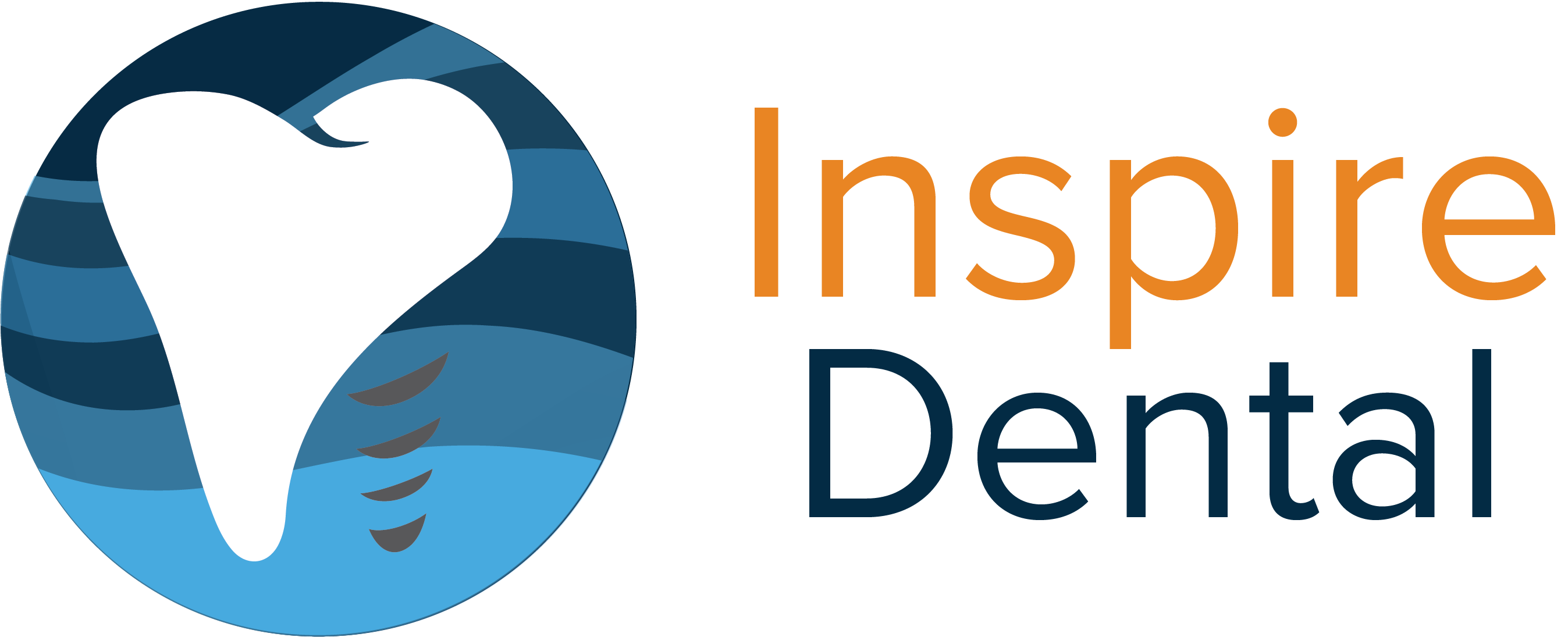Recovering from wisdom tooth extraction can feel overwhelming, especially when wondering how to sleep after removing wisdom teeth. This surgery can lead to discomfort, swelling, and other challenges that make getting a good night’s sleep seem impossible. But don’t worry! With the right strategies, you can create a restful environment and find ways to ease your pain. In this guide, we’ll share helpful tips to ensure you enjoy the restorative sleep you need during your recovery. Let’s dive into the ways to make your recovery smoother and your nights much more comfortable!
Understanding the Healing Process After Tooth Extraction

Typical Recovery Timeline After Wisdom Teeth Removal
After wisdom teeth removal, it’s important to know what to expect during the healing process. Generally, recovery can take a few days to a week. You might feel some pain and see swelling for the first few days. Ice packs can help reduce this swelling. By the third day, you should start feeling better, and by the end of the week, most of the discomfort should be gone. Just remember, everyone heals at their own pace!
The Body’s Healing Process
When you have a tooth extraction, your body goes through several steps to heal. First, there’s a bit of inflammation, which is your body’s way of protecting itself. This means you might notice some swelling and tenderness. It’s normal! During this time, you should rest and take it easy. Hydration is key—drink plenty of water and enjoy soft foods like yogurt or ice cream.
Don’t forget about oral hygiene! Keeping your mouth clean is important, but be gentle. Avoid hard brushing around the extraction site. Instead, try using a medicated rinse to help keep things clean without causing irritation.
Patience and Understanding the Signs of Healing
Healing takes time, and being patient is crucial. Pay attention to how you feel. If the pain decreases and you notice less swelling, you’re on the right track! However, if you experience unusual symptoms like excessive bleeding or severe pain, make sure to consult your dentist. They can guide you and ensure your recovery is going smoothly.
In summary, understanding the healing process after wisdom teeth removal will help ease your worries. Follow your dentist’s instructions, take care of yourself, and soon enough, you’ll be back to your regular routine!
Optimal Sleep Environment for Recovery

Creating a serene sleeping environment can make a big difference in your recovery after wisdom tooth extraction. Here are some simple tips to help you get the restful sleep you need.
Use Blackout Curtains to Minimize Light
Light can be distracting, especially when you’re trying to rest after oral surgery. Blackout curtains are a great way to keep your room dark. They block out sunlight and any bright lights from outside, helping you fall asleep faster and stay asleep longer.
Maintain a Cool Temperature
A cool room can help you feel more comfortable while you recover. Aim for a temperature that’s not too hot or too cold. This will help you relax and get the rest your body needs. If you’re feeling hot or cold, it can be hard to fall asleep, so adjust your thermostat to find that perfect balance.
Keep Noise to a Minimum
Noise can really interrupt your sleep. Try to keep things quiet in your space. If you’re in a noisy area, consider using a white noise machine or a fan to help drown out the sounds. This can create a soothing background hum that makes it easier to drift off.
Additional Tips for Comfort
- Use ice packs on your face to reduce swelling and discomfort before bed. This can help you feel more comfortable while you sleep.
- Prop yourself up with an extra pillow to keep your head elevated. This can reduce pain and help with bleeding.
- Stick to soft foods like ice cream or smoothies during your recovery. Eating gently can help you feel better and make resting easier.
By setting up your sleep environment with these tips, you’ll create a cozy space that supports your healing process after tooth extraction. Remember, getting good sleep is an important part of your post-operative care!
Recommended Sleep Positions Post-Surgery

After having your wisdom teeth removed, finding the right sleep position is super important. Let’s dive into why sleeping on your back is a great choice, how to keep your head elevated, and what to avoid during your recovery.
Benefits of Sleeping on Your Back
Sleeping on your back is the best option after oral surgery like a tooth extraction. This position helps keep your head and neck aligned, which can reduce discomfort. It also reduces the risk of swelling by preventing pressure on the surgical site. When you’re resting on your back, gravity works in your favor, helping to keep any bleeding in control and making sure you stay comfortable as you heal.
Elevation Techniques for Better Sleep
Using head elevation when you sleep can make a big difference in your recovery. Elevating your head reduces swelling and helps with pain management. You can do this easily by using a few extra pillows or getting a wedge pillow. This setup not only supports good blood circulation but also lessens the pressure on the area where your teeth were removed.
Remember, if you sleep on your side or stomach, it can lead to increased discomfort and even cause more swelling. So, stick to sleeping on your back with your head elevated to ensure a smoother recovery.
Pain Management Strategies for a Comfortable Night

After having your wisdom teeth removed, getting a good night’s sleep can be a challenge. Pain and swelling can make it hard to find a comfortable position. Here are some effective pain management techniques to help you rest easy.
The Role of Prescribed Medications
Your dentist or oral surgeon may give you prescribed medications to manage your pain. These should be taken as directed, especially at optimal times. Try taking your medication about 30 minutes before bedtime for maximum effectiveness. This way, you can sleep without discomfort.
If you find the prescribed meds too strong or want something milder, there are over-the-counter options available. Medications like ibuprofen can help reduce inflammation and provide pain relief for those with milder discomfort. Always check with your dentist before taking anything new after your procedure.
The Role of Ice Packs and Compresses
Ice packs are a great way to help with swelling and pain after your surgery. Applying ice packs before bed can soothe your jaw and make it easier to drift off to sleep. Here’s how to do it right:
- Wrap the ice pack in a cloth. This prevents skin damage and keeps you comfortable.
- Apply it gently to the affected area for about 15-20 minutes before sleep.
- If you wake up during the night and feel pain or swelling, you can reapply the ice pack.
Make sure to check your skin regularly while using ice packs to avoid any irritation. Keeping your head elevated with an extra pillow can also help reduce swelling and make you more comfortable while you sleep.
Using these strategies can help you manage your pain and enjoy more restful nights after your wisdom tooth extraction. Remember to take it easy, follow the guidelines given by your dentist, and give your body the time it needs to heal.
Dietary Considerations for Restful Sleep
How Diet Affects Sleep Quality During Recovery
After having your wisdom teeth removed, you might feel a mix of pain and discomfort. What you eat can actually help or hurt your sleep. A diet high in soft foods, like mashed potatoes or yogurt, can prevent nausea and make it easier to eat after surgery. Foods that are easy to digest will not only help you feel more comfortable but also promote better healing.
Eating small, soft meals can help you avoid feeling too full, which might keep you awake. Think of comfort foods like soup or smoothies—they’re not just tasty, but also easy on your stomach. This can lead to better restful sleep, helping your body recover faster.
The Importance of Hydration
Staying hydrated is super important, especially after your procedure. Drinking plenty of water can help with the healing process. Try to keep a water bottle nearby and sip throughout the day. Staying hydrated can also help you manage pain and reduce swelling.
However, be careful with what you drink! Avoid caffeinated beverages like coffee or soda. They can disrupt your sleep patterns, making it harder for you to get the rest you need. Instead, opt for water or herbal tea. This way, you’re giving your body the best chance to recover and have those restful nights you deserve.
Emotional and Mental Support During Recovery
Understanding the Psychological Aspects of Recovery
Recovering from oral surgery, like wisdom teeth extraction, is not just about physical healing. It can also stir up feelings of anxiety and stress. You might find yourself worrying about pain management or how long your recovery time will be. These thoughts can lead to sleep disturbances or even insomnia. It’s normal to feel a bit on edge during this period. Recognizing these feelings is the first step to addressing them.
Managing Sleep Disturbances
If you struggle with stress-related sleep disturbances, try to create a cozy bedtime routine. Simple things like using ice packs on your cheeks to reduce swelling can help you feel more comfortable. You might also want to elevate your head with an extra pillow. This position can ease discomfort and promote better restful nights.
Relaxation Techniques for Calmness
To help calm your mind, consider trying some relaxation techniques. Meditation or deep breathing exercises are great options. For example, take a few deep breaths, holding each one for a count of four, and then slowly let it out. This practice can help shift your focus from worries about pain relief to finding peace before you drift off to sleep.
By taking care of your emotional well-being and incorporating these strategies, you can enjoy a more comfortable recovery after your tooth extraction. Remember, it’s okay to ask for support from friends or family during this time. A strong support system can make all the difference!
Helpful Tools and Techniques for Better Sleep
Sleeping Aids for Comfort
After tooth extraction, getting a good night’s rest can be tricky, but there are tools that can help. One popular option is using sleeping masks. These masks block out light, helping you fall asleep faster and enjoy deeper, restorative sleep. They are especially helpful if you’re resting during the day or in a bright room.
Another important sleeping aid is a supportive mattress. A mattress that offers the right amount of firmness can help you find a comfortable position, which is crucial if you’re dealing with oral discomfort. You might also want to consider the pillow you use. Elevating your head slightly can reduce swelling and make it easier to breathe comfortably while you sleep.
Establishing a Nighttime Routine
Creating a calming nighttime routine can make a big difference in how quickly you fall asleep. Think of activities that help you relax, like reading a book or listening to soft music. These calming activities can help ease your mind and prepare your body for sleep.
Make sure to avoid any stress relief activities that could keep you awake. Instead, focus on gentle stretching or meditation. These techniques promote relaxation and set the stage for a peaceful night’s rest.
By using these tools and techniques, you can enhance your comfort and improve your sleep after wisdom teeth removal. Remember, taking care of yourself during the healing process is important, and a good night’s sleep plays a big role in your recovery.
When to Seek Additional Care
Recognizing Serious Symptoms
After having your wisdom teeth removed, it’s important to pay attention to how you feel. If you notice severe pain that doesn’t go away, or if your mouth is still bleeding after a few hours, it’s time to call your dentist. Other signs to watch for include swelling that doesn’t improve, or if you see any signs of infection, like fever or pus. Don’t ignore these symptoms! They could lead to complications if not addressed quickly.
Importance of Follow-Up Appointments
Even if you feel okay, following up with your dentist is crucial for your oral health. This is how you’ll make sure your healing process is on track. Skipping these appointments could mean missing out on important care. Your dentist will check your oral hygiene and ensure everything is healing well. Remember, taking care of your mouth now means a healthier future!
Wrapping Up Your Recovery Journey
Navigating the sleep challenges after wisdom tooth extraction can be tough, but you’re not alone in this journey. Remember, prioritizing your rest is crucial for healing. If you’re in the Ottumwa area and need personalized care or have questions about your recovery, don’t hesitate to reach out to Inspire Dental. Our team is dedicated to providing compassionate, faith-based support tailored to families just like yours. Fill out our “Contact Us” form or give us a call, and let us help you get back to feeling your best! Your comfortable recovery starts here.
